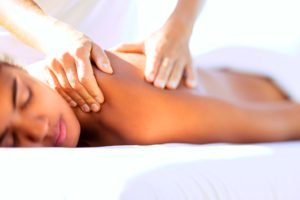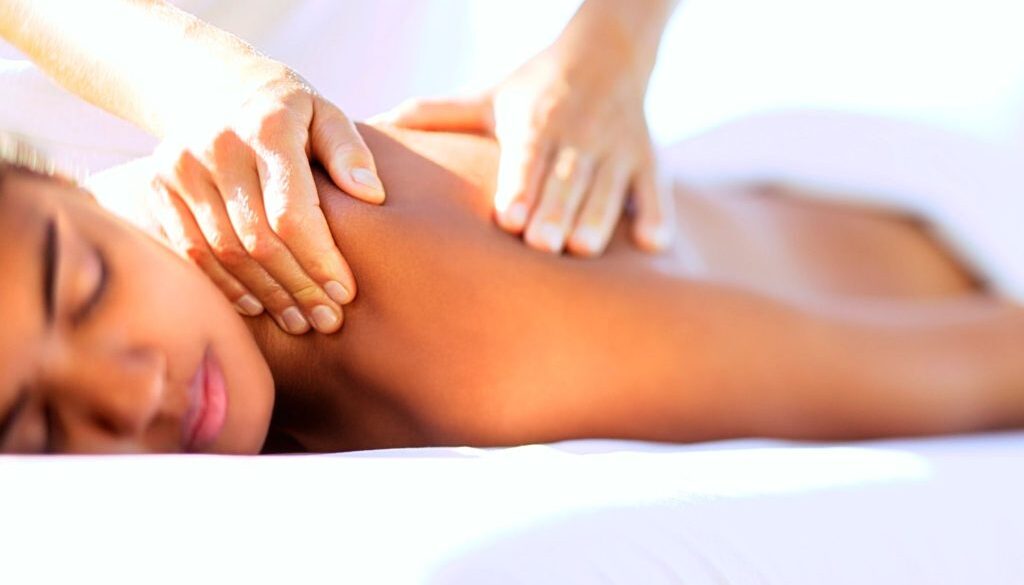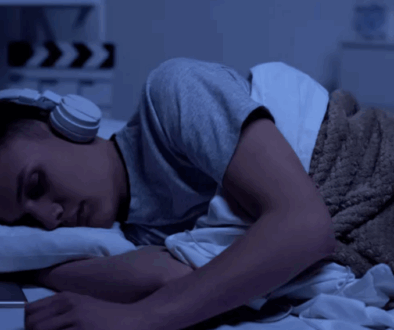It’s Nice to be Kneaded: The Health Benefits of Massage
 It’s time to dispel the myth that massage is only a feel-good way to indulge or pamper yourself. In fact, massage can be a powerful tool to help you take charge of your health and well-being, whether you have a specific health condition or are just looking for another stress reliever.
It’s time to dispel the myth that massage is only a feel-good way to indulge or pamper yourself. In fact, massage can be a powerful tool to help you take charge of your health and well-being, whether you have a specific health condition or are just looking for another stress reliever.
Massage is a general term for pressing, rubbing and manipulating the skin, muscles, tendons and ligaments ande may range from light touch to deep applied pressure. There are many different types of massage, including these common types:
- Swedish massage. A gentle form of massage that uses long strokes, kneading, deep circular movements, vibration and tapping to help relax and energize you.
- Deep massage. This technique uses slower, more-forceful strokes to target the deeper layers of muscle and connective tissue, commonly to help with muscle damage from injuries.
- Sports massage. Similar to Swedish massage, but geared toward people involved in sport activities to help prevent or treat injuries.
- Trigger point massage. This massage focuses on areas of tight muscle fibers that can form in your muscles after injuries or overuse.
Studies of the benefits of massage demonstrate that it is an effective treatment for reducing stress, pain and muscle tension. While more research is needed to confirm the benefits of massage, some studies have found massage may also be helpful for:
- Anxiety
- Digestive disorders
- Fibromyalgia
- Headaches
- Insomnia related to stress
- Myofascial pain syndrome
- Soft tissue strains or injuries
- Sports injuries
- Temporomandibular joint pain
Beyond the benefits for specific conditions or diseases, many enjoy massage because it often produces feelings of nurturing comfort and a deep connection. You aren’t dreaming it—you really do feel better after a massage. And those benefits might extend to people who suffer from depression, too. After analyzing 17 studies, researchers from Taiwan concluded that massage therapy sessions significantly reduced reported depressive symptoms.
The feel-good effects of a massage may extend deeper into the body. People who received Swedish massage showed changes in their immune system responses after the sessions, according to a study out of Cedars-Sinai Medical Center. In particular, they experienced a boost in the number of circulating lymphocytes, white blood cells that help fight infection.
Massage may be a drug-free way to feel better fast for chronic back pain sufferers. About 50 percent people with chronic low back pain who were given 10 sessions of massage therapy experienced clinically significant improvements in their pain, a study in Pain Medicine found. And the effects were sustained—75 percent who experienced improvements after 12 weeks still showed the benefits at the 24-week mark. Also, if a tough workout has you limping, the answer might be on the massage table: People with trap soreness after a hard workout experienced a reduction in soreness intensity after a 10-minute massage of the affected muscle, according to a study in the Journal of Strength and Conditioning Research.
We all seek to reduce the stress in our lives. Stress relief is key to finding balance as part of a healthy lifestyle. Even a single massage session has been shown to significantly lower heart rate, cortisol and insulin levels – all of which help reduce daily stress. Research has shown that it can lower your heart rate and blood pressure, relax your muscles and increase the production of endorphins, your body’s natural “feel good” chemical. Serotonin and dopamine are also released through massage, and the result is a feeling of calm relaxation that makes chronic or habitual, as well as acute or short-term stress much easier to overcome.
You don’t just feel chilled out after a massage—your blood pressure might dip, too, according to a study out of Iran. Women with pre-hypertension who received Swedish massage for 10 to 15 minutes three times a week were noted to have a 12 mm Hg drop in systolic blood pressure after their sessions, and this lower blood pressure was maintained for 72 hours after the massage.
An occasional massage leaves you feeling great, but regular massage can do even more, as the serial sessions builds upon the gradual improvements, helping your body maintain its relaxed state and your muscles to remain supple even during times of physical and mental stress. Poor posture can even be corrected by relaxation, as massage helps reinforce healthy and natural movements, which can get your posture back on track. The relaxation effects after massage can improve mental outlook, allow you to handle the pressures of life better, reinforce a positive attitude, promote relaxed states of mental alertness, and enhance calm and creative thinking.
Let the many rewards of massage touch your life—it’s well-being for EVERY body!



